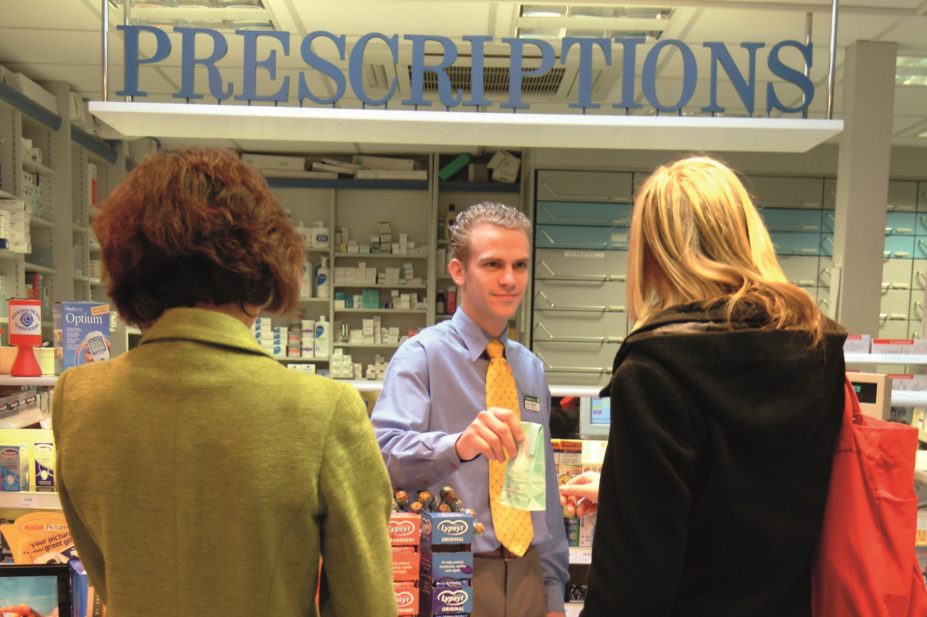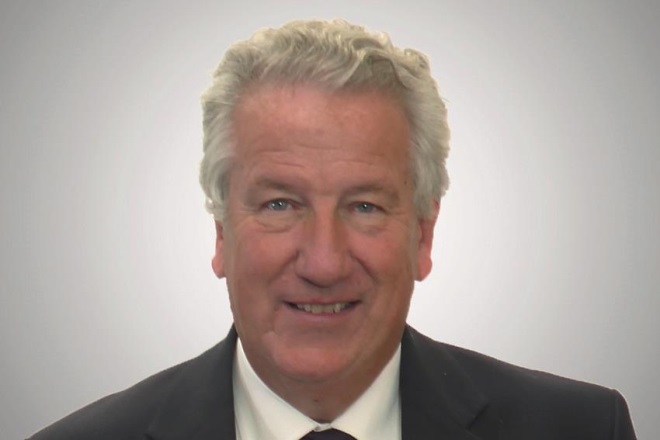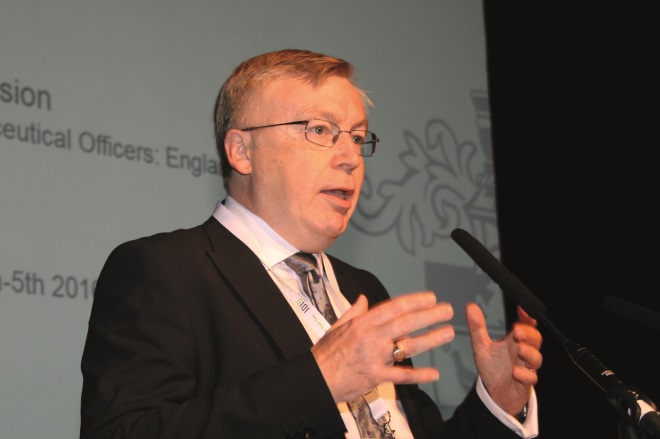
Peter Titmuss / Alamy Stock Photo
Patients who require urgent repeat medicines will be urged to see a community pharmacist rather than go to a GP or A&E department to take pressure off urgent care services under plans revealed by community health and care minister David Mowat at the Pharmacy Business Awards in London on 13 October 2016.
Mowat said the Pharmacy Urgent Care pilot programme would “make more use of pharmacists’ expertise, as well as freeing up vital time for GPs and reducing visits to A&E for urgent repeat medicines”.
But news of the repeat prescriptions pilot, as well as plans for a similar scheme for minor ailments, was received with disappointment by pharmacy bodies, which said in a statement that the proposals did not go far enough and were being made to deflect attention away from looming cuts to community pharmacy funding which would result in closure of some pharmacies.
Under the scheme — which will be developed and evaluated by NHS England between December 2016 and April 2018 — patients in designated pilot areas who contact NHS 111 for urgent repeat prescription medicines, such as asthma inhalers, insulin and painkillers, will be directed to community pharmacies, instead of out-of-hours GP surgeries.
The pilot follows on from a smaller scheme across the North East of England, where patients requiring urgent repeat prescriptions have been referred to community pharmacists since 2014. The scheme has received positive feedback from patients and was found to have the potential to take the pressure off local urgent care services, particularly at weekends and bank holidays.

Source: Department of Health
David Mowat says the pilot scheme would “make more use of pharmacists’ expertise, as well as freeing up vital time for GPs and reducing visits to A&E for urgent repeat medicines”
The minister also announced that NHS England and NHS 111 will develop a new approach for referring patients with urgent minor ailments — such as pain, constipation, indigestion, hay fever, earache, colds and flu — to community pharmacy for advice and medicine, although a formal scheme will not be commissioned.
NHS England will also look at the impact of the Pharmacy Urgent Care pilot programme on A&E departments, where some patients currently go for their urgent repeat prescriptions, as part of its work to look at options to better integrate community pharmacy into urgent care.
A statement from the Department of Health, dated 14 October 2016, says that the initiatives were designed to cut down on the 200,000 calls per year to NHS 111 for urgent repeat prescription medication, to reduce waiting times in GP surgeries and to free up GPs who spend an estimated 40% of their time advising patients on minor ailments.
Keith Willett, medical director for acute care at NHS England, says: “Directing patients to go to a community pharmacy instead of a GP or A&E [department] for urgent repeat medicines and less serious conditions could certainly reduce the current pressure on the NHS, and become an important part of pharmacy services in the future.”
Keith Ridge, chief pharmaceutical officer for NHS England, comments: “[The pilot] is a step towards the new role for community pharmacy which we have set out where it is no longer on the sidelines but is an integral part of the NHS’s new models of patient-centred care.”

Source: Harriet Adcock / The Pharmaceutical Journal
Keith Ridge, chief pharmaceutical officer, says the pilot is a step towards developing the role of community pharmacy
Also commenting on the scheme, Maureen Baker, chair of the Royal College of GPs, says: “With patients in some areas of the country now waiting up to a month to see their GP or practice nurse, it makes sense to use the skills of pharmacists where we can.”
However, in a joint statement, community pharmacy bodies including the Pharmaceutical Services Negotiating Committee, Pharmacy Voice, the National Pharmacy Association, the Company Chemists’ Association and the Association of Independent Multiple Pharmacies, comment: “Although we note today’s recognition of the role that community pharmacy can play in the provision of urgent care and the pilot on the emergency supply of medicines, we are disappointed that this scheme has only been commissioned as a pilot.”
They added: “We are also confused by the references to minor ailments, because we do not believe that what has been set out is in any way the sort of minor ailments service that is needed to really take pressure off urgent care services. Instead, the NHS will simply seek to direct people to pharmacies in order to receive advice and to purchase medicines as they would already do.”
The joint statement also points out that this announcement is being made in the midst of planned funding cuts for community pharmacy. “These [community pharmacy budget] cuts could have a much more significant impact on patients, leading to a scaling back of pharmacy services and even possible unplanned pharmacy closures,” the statement says.
“Pharmacies cannot deliver new services or pilots if they have to cut back staff or worse. This announcement has clearly been timed to draw attention away from the looming cuts, but it once again highlights the contradiction at the heart of the Department’s position – asking pharmacies to develop new roles and services whilst stripping away the investment necessary to make it happen.”


